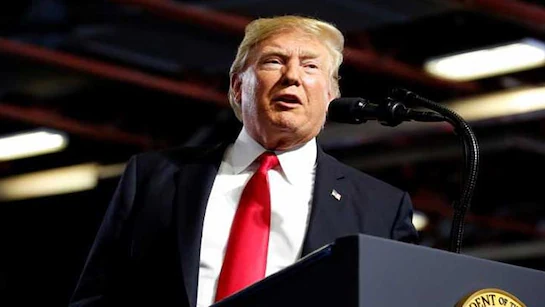Federal Judge Rules Detention Likely Unlawful, Yet Immigrant Remains in Custody Under Trump Administration
In a contentious legal development, a federal judge has determined that the detention of Mahmoud Khalil, a lawful permanent resident and Columbia University student activist, is likely unconstitutional. Despite this finding, the court denied a preliminary injunction, allowing the Trump administration to continue holding Khalil in custody.

Background of the Case
Mahmoud Khalil was arrested in March 2025 by Immigration and Customs Enforcement (ICE) agents. The government alleges that Khalil failed to disclose past associations and accuses him of supporting Hamas and fostering a hostile campus environment. Khalil’s legal team contends that his detention is politically motivated, stemming from his pro-Palestinian activism on campus.
This case marks a significant moment, as it is the first known attempt by the Trump administration to deport a lawful permanent resident based on campus protest activity. Free speech advocates have expressed concern, emphasizing the ongoing separation of Khalil from his wife and newborn son.
Judicial Findings and Ongoing Detention
Judge Michael Farbiarz acknowledged that Khalil is likely to succeed in his constitutional challenge against his detention. However, the court denied a preliminary injunction, meaning Khalil remains detained in Louisiana while further evidence is gathered to resolve the case.
The judge’s ruling underscores the tension between national security concerns and constitutional protections, particularly regarding due process rights for lawful permanent residents. Khalil’s attorneys plan to continue efforts to secure his release or relocation closer to his family.
Broader Implications
This case highlights the broader Trump administration crackdown on international students involved in pro-Palestinian activism. Critics argue that such actions may infringe upon free speech rights and set concerning precedents for the treatment of lawful permanent residents engaged in political expression.
As the legal battle continues, the outcome of Khalil’s case could have significant implications for immigration enforcement policies and the protection of constitutional rights for non-citizens in the United States.


Comments are closed, but trackbacks and pingbacks are open.